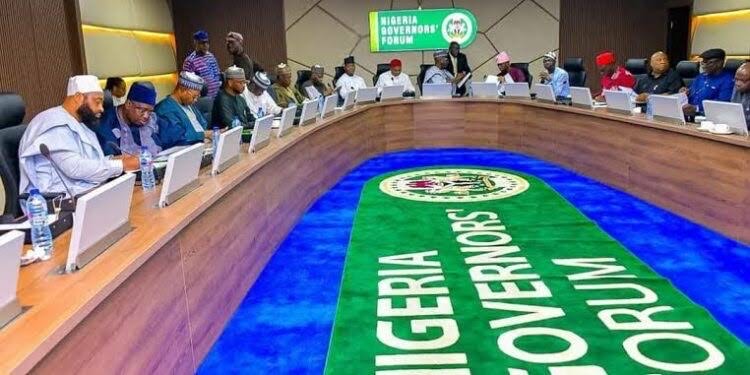In an effort to address the persistent issue of the national minimum wage, former Ekiti State Governor, Kayode Fayemi, has proposed the decentralization of minimum wage negotiations.
Fayemi, who previously held the position of chairman of the governor’s forum, expressed this viewpoint during an appearance on Channels Television’s Politics Today program, last Friday.
“Every governor is confronted with the challenge of the national minimum wage. During my tenure as governor and chairman of the governor’s forum, and even in the recent negotiations, I have maintained the view that we should decentralize minimum wage negotiations. This would permit states to conduct their own negotiations with their respective labor unions, while the Federal Government engages in its own negotiations, recognizing the disparities among them,” Fayemi stated.

He recommended that states should have the autonomy to negotiate independently with their labor unions, separate from the federal government’s negotiations. This approach, according to Fayemi, would acknowledge the diversity in the economic conditions and capabilities of various states.
The former governor’s proposition emerges amidst the country’s struggle to implement a uniform national minimum wage, given the differing economic circumstances across states. Fayemi’s advocacy for decentralized negotiations reflects the belief that “the fingers are not equal,” suggesting that a uniform approach may not be the optimal solution.
This suggestion has sparked discussions regarding the feasibility and potential consequences of decentralizing minimum wage negotiations. While some believe it could result in more tailored and practical wage agreements, others are concerned that it may widen income disparities among states.
As the national minimum wage dilemma persists, Fayemi’s proposal introduces a new perspective to the discourse, prompting a reassessment of the current framework and its potential for improvement.




































